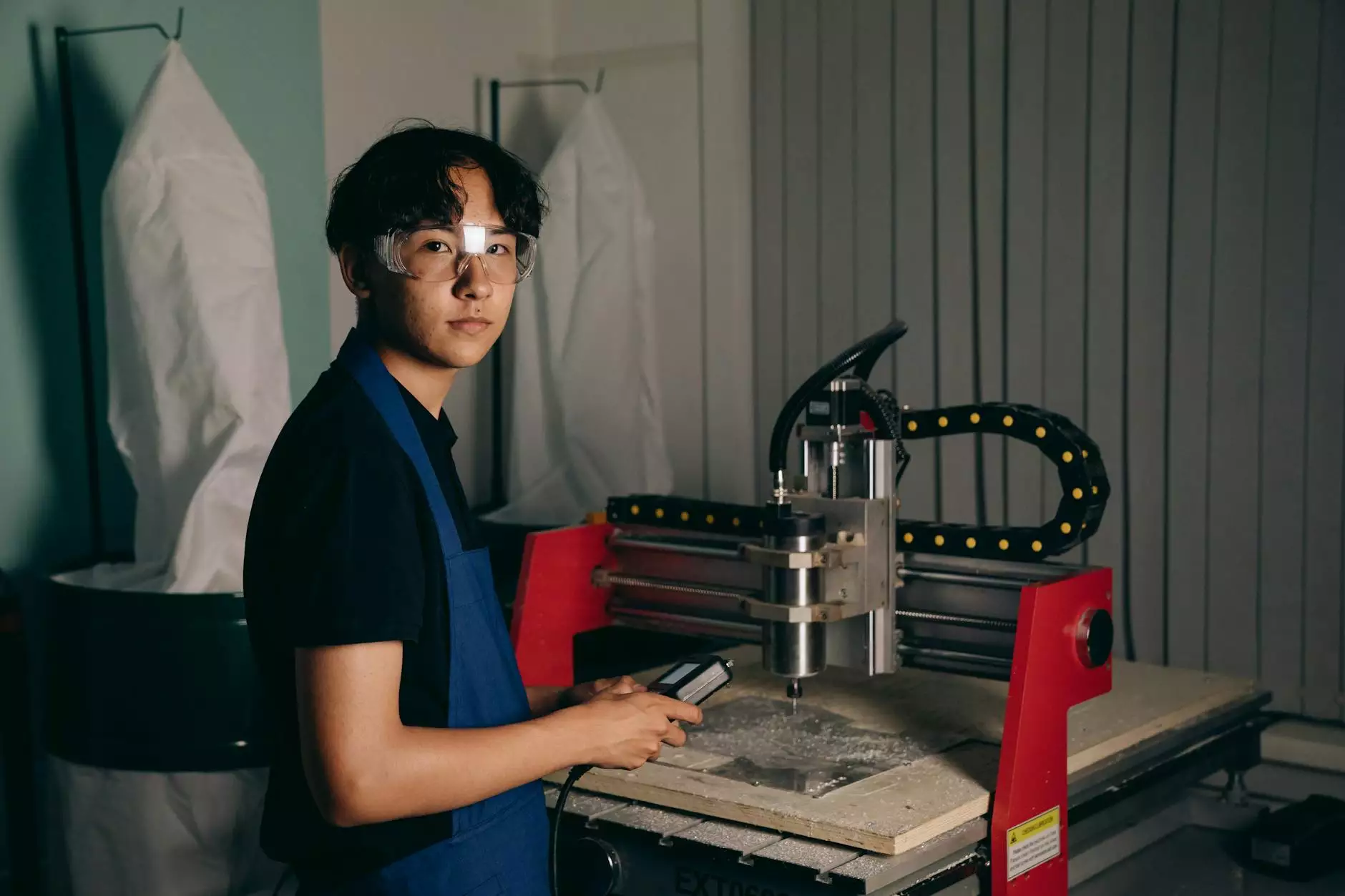Understanding the Cost of Pectus Excavatum Surgery

Pectus excavatum, commonly referred to as "funnel chest," is a condition where the breastbone is sunken into the chest. This can lead not only to aesthetic concerns but also breathing difficulties, chest pain, and even impact cardiovascular function in severe cases. For many, the surgical correction of this deformity can significantly enhance their quality of life. But one of the most pressing questions that arise is, how much does pectus excavatum surgery cost? In this comprehensive guide, we will explore this query in detail.
The Basics of Pectus Excavatum Surgery
Pectus excavatum surgery is primarily performed to correct the deformity of the rib cage, thereby alleviating the related symptoms. There are two main surgical techniques:
- Nuss Procedure: This is a minimally invasive technique that involves placing a concave metal bar under the sternum to push it outward.
- Ravitch Procedure: This is a more traditional approach that involves removing abnormal cartilage and reshaping the chest wall.
Both procedures aim at restoring structural integrity to the chest and improving aesthetic appearance, but the choice of procedure often depends on the patient's specific condition and the surgeon’s recommendation.
Factors Influencing the Cost of Surgery
The cost of pectus excavatum surgery can vary widely based on several factors, including but not limited to:
- Location: Where you undergo the surgery can drastically affect costs. Urban medical centers with advanced facilities may charge more than rural hospitals.
- Surgeon’s Expertise: The reputation and experience of the surgeon play a significant role in determining costs. Highly acclaimed surgeons may charge a premium due to their skills and outcomes.
- Type of Facility: Costs can vary significantly between specialized clinics and general hospitals. Medical spas focusing on cosmetic procedures may adopt different pricing strategies.
- Insurance Coverage: Many insurance plans may cover part of the costs if the surgery is deemed medically necessary. It is crucial to check with your insurance provider.
- Additional Expenses: Pre-surgery tests, post-operative care, and medication should be factored into the total cost.
Average Costs of Pectus Excavatum Surgery
On average, the cost of pectus excavatum surgery ranges from $30,000 to $50,000. This estimate includes several components:
- Surgeon’s fees
- Hospital or surgery center fees
- Anesthesia fees
- Pre-operative testing (e.g., X-rays, MRIs)
- Post-operative care and follow-up
Breaking Down the Costs
To provide a clearer picture, let’s break down the costs associated with each component:
Surgeon’s Fees
The surgeon's fee typically accounts for a significant portion of the overall cost, ranging from $10,000 to $20,000 depending on their experience and reputation.
Hospital Fees
Hospital fees can vary widely but generally range around $10,000 to $20,000 based on the facility and the type of care provided.
Anesthesia Fees
Anesthesia costs might be around $1,500 to $3,000, depending on the complexity of the case and duration of the surgery.
Additional Expenses
It's also essential to consider the pre-operative and post-operative expenses. Pre-operative tests, which can include blood work and imaging, might add another $1,000 to $2,000 to your total. Post-operative follow-up visits and any required medications could range from $500 to $2,000.
Is Surgery Covered by Insurance?
Insurance coverage for pectus excavatum surgery varies between plans. To ascertain your coverage, it's essential to:
- Verify Medical Necessity: If the surgery is deemed medically necessary (for symptoms affecting daily life), insurance is more likely to cover costs.
- Consult Your Provider: Contact your insurance company to understand your benefits and any requirements for pre-authorization.
- Submit Documentation: Provide necessary documentation from your doctor, including referral letters and medical evaluations.
Should coverage be denied, some patients appeal the decision or seek financial assistance from the hospital or surgical center.
Financing Options for Surgery
For those who find that the out-of-pocket costs of surgery are daunting, several financing options may be available:
- Payment Plans: Many hospitals and clinics offer installment plans that allow patients to pay over time.
- Healthcare Loans: Specialized loans for medical procedures can provide financing tailored to cover costs.
- Credit Cards: Some individuals opt to use credit cards for surgeries, allowing for flexibility in repayment.
- Non-Profit Organizations: Certain groups may offer financial aid or grants for surgeries that improve quality of life.
Conclusion: Making an Informed Decision
Deciding to undergo pectus excavatum surgery is a significant step, both physically and financially. Understanding how much does pectus excavatum surgery cost and the variables that influence the overall expenses can help you make a more informed decision. Always consult with your healthcare provider and discuss financial concerns early in the process to explore the best options available to you.
For anyone considering surgery, including consultations with qualified professionals, it's vital to prioritize both safety and the potential for improved quality of life. If you're exploring options in the field of Doctors, Health & Medical, or Medical Spas, visit elclinics.com for comprehensive guides and resources.









